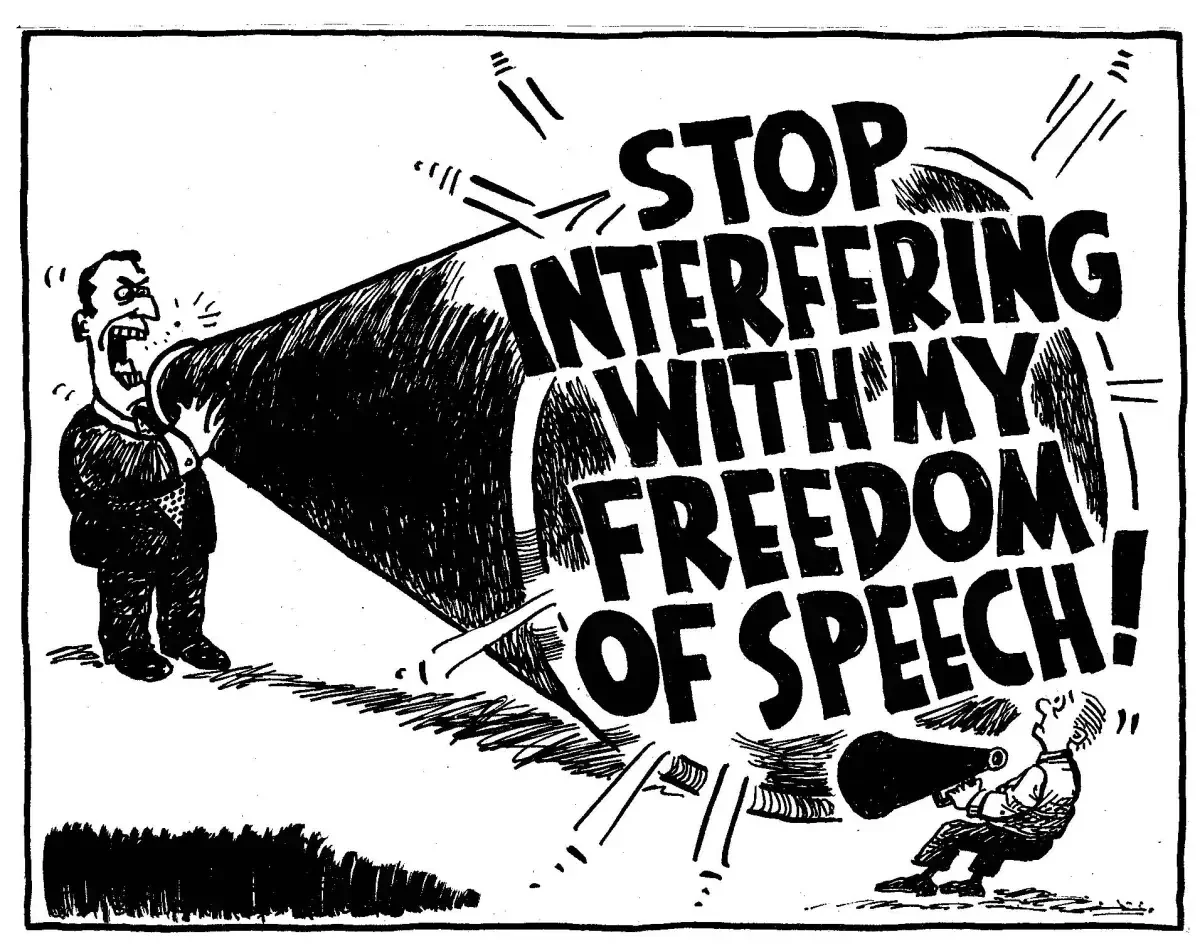The Cost of Silence
The phrase “those who stand for nothing fall for everything” lingers in my mind often. I have seen time and time again people remain silent on their beliefs, whether because of social stigma, pressure from a job or school administration, fear of retaliation, or simply because they are unwilling to endure conflict. Many refuse to speak because they do not want to burn bridges with people who, if they knew the truth about their ideals, would cut off the friendship entirely. In these scenarios, I find myself frustrated. I am generally an unbothered but respectful person, and a core principle of who I am is to stand for what I believe in. I often reflect on the question: what is the cost of silence?
Silence may feel like the safe option in an environment where certain views are unpopular, but it comes at a steep cost. When individuals keep quiet out of fear, they unintentionally reinforce the notion that dissent is unacceptable. Many are worried about reputational damage, about being “canceled,” about whispers behind their backs. The result is that entire classrooms, and sometimes entire institutions, end up reflecting only one perspective. This is not because everyone truly agrees, but because too many are afraid to speak. Silence may shield an individual in the short term, but collectively, it erodes the culture of free inquiry and leaves everyone more vulnerable.
Some argue that harmony, safety, or avoiding offense should take precedence over free speech. The instinct is understandable. No one wants a society where words are wielded as weapons to dehumanize. Yet when free speech is set aside for the sake of comfort, something far greater is lost. We lose the ability to seek truth, to question authority, and to grow as individuals and as a society. Discomfort has always been the price of progress. Every breakthrough, every revolution, every moral advance has come from people willing to voice uncomfortable truths. Without the protection of that freedom, everything else, including justice, equality, and compassion, eventually collapses.
It is also worth noting the paradox in how society treats those who speak out. Civil rights leaders and reformers are celebrated in hindsight or from a comfortable place afar where we don’t see these leaders as “human” but as someone “on the internet.” Yet those who take similar stands on a “smaller scale” are often mocked, silenced, or ostracized. The question arises: do people truly admire these figures for their courage, or do they applaud only because it is safe for them to do so from a distance, when there is no personal cost involved?
The truth is that most people do not want to be the first to stand. It is far easier to go along with the crowd, to wait until the outcome is certain before aligning oneself with the winning side. Speaking out feels risky in the moment, but history has consistently shown that it is the risk-takers, the individuals who refused to remain silent, who shaped the future. Silence may provide temporary comfort, but it never builds a legacy.

